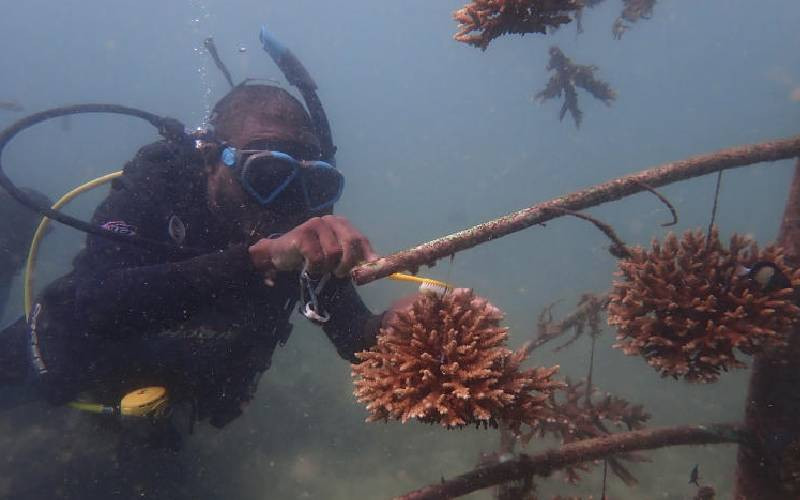×
The Standard e-Paper
Home To Bold Columnists

Fishing gear now contributes to the bulk of plastics found in the reefs; a new study has revealed.
The study, published in Nature on July 12, surveyed 84 shallow and deep reefs at 25 locations across the Indian, Pacific, and Atlantic oceans, tracing for pollutants of over 5cms in size.